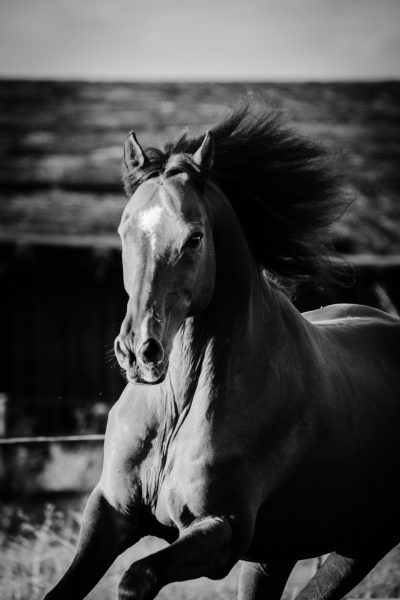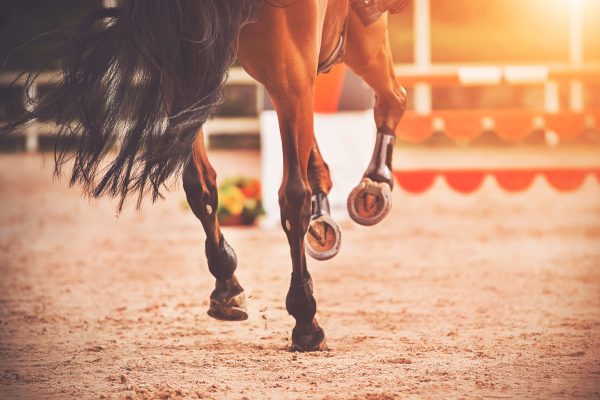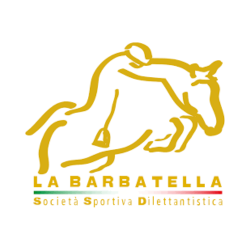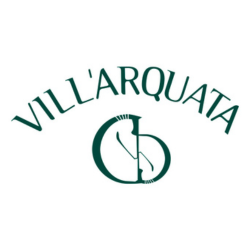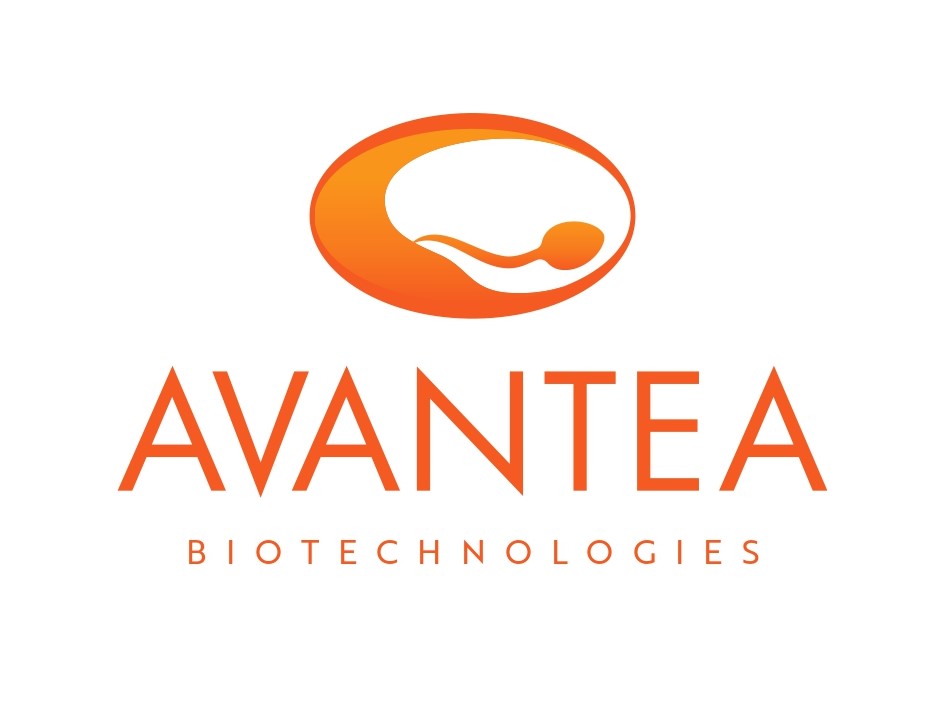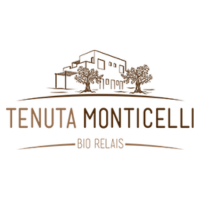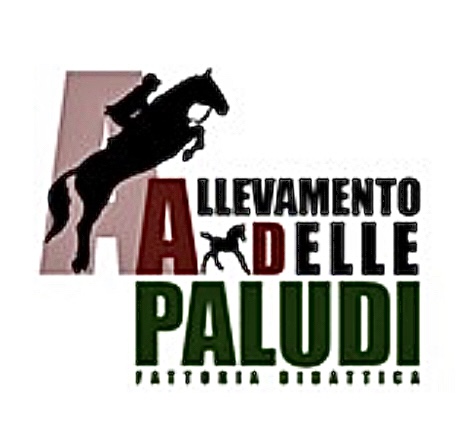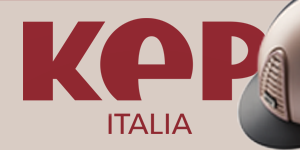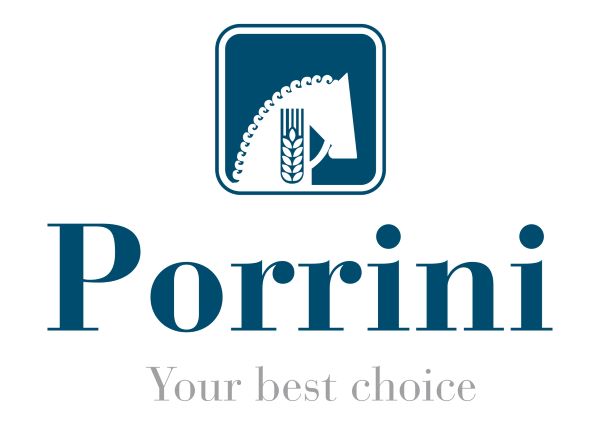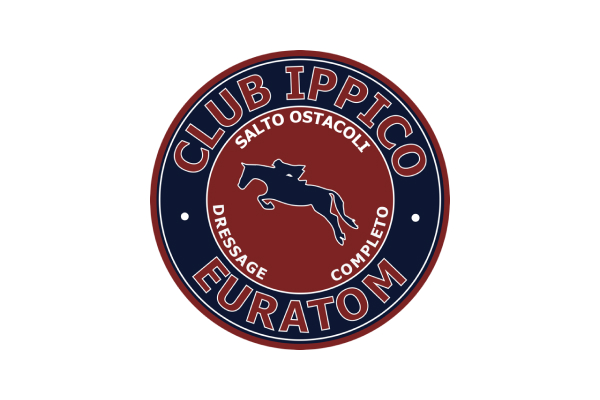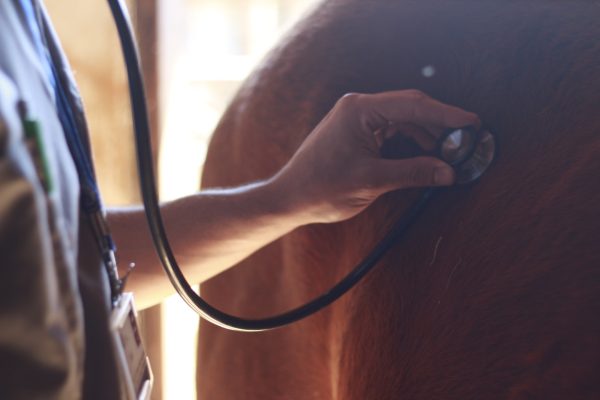
Colic syndrome: postoperative food recovery for horses
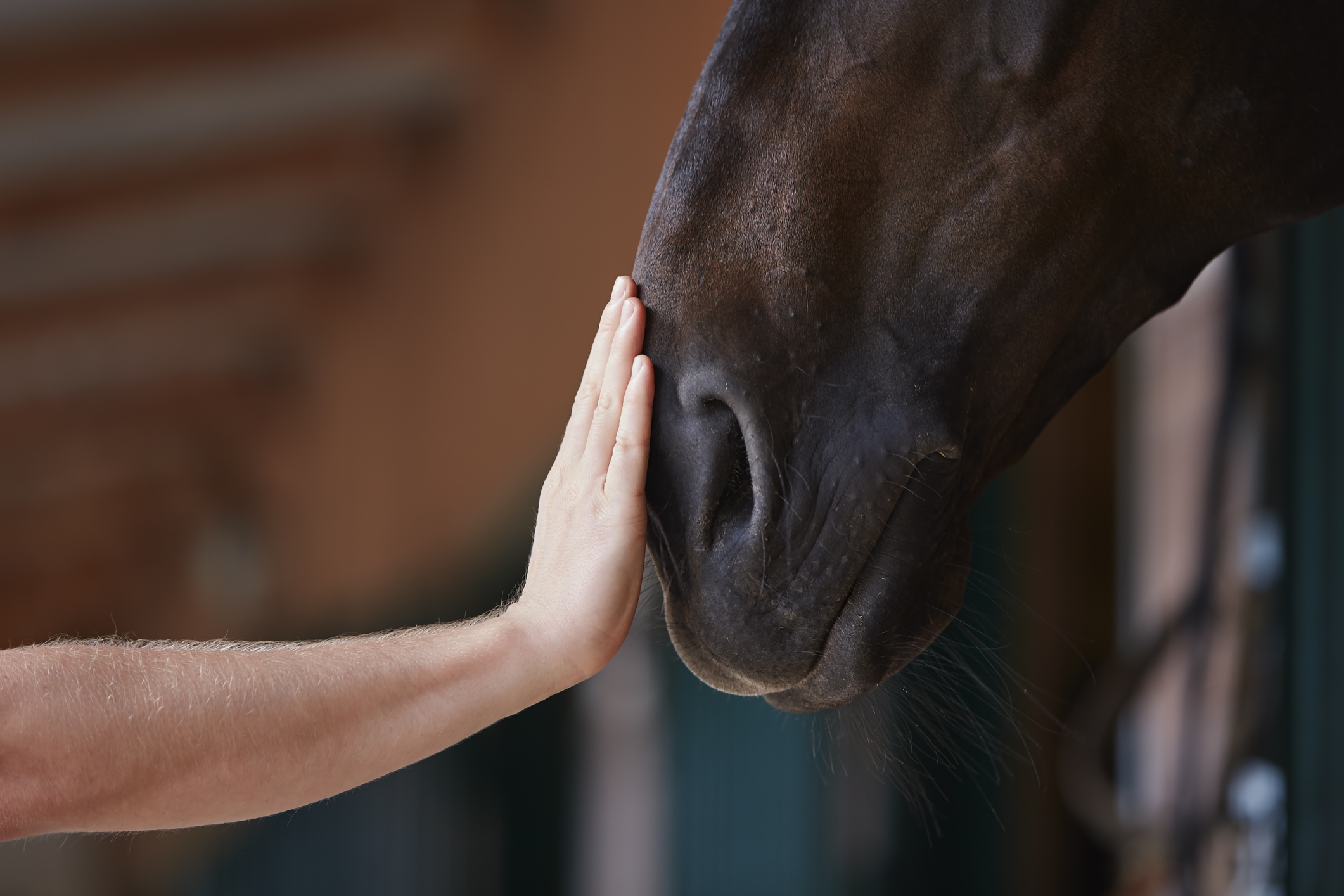
In the realm of equine medicine, managing a horse’s dietary regimen post-surgery or following an episode of colic syndrome is a vital aspect of their recovery. Dr. Barbara Garbagnati, an esteemed equine specialist, emphasizes the importance of distinguishing between medical and surgical therapies, as well as considering whether an anastomosis procedure was performed. Let’s delve into the nuanced world of postoperative food recovery for horses.
Surgical vs. Medical Therapy
Horses subjected to surgical therapy often require specialized dietary management. This is particularly true when an anastomosis, the surgical connection of separate intestinal tracts, is performed. In such cases, the initial recovery period spans at least 48 hours after surgery.
The recovery process typically commences with rehydration – the horse is encouraged to drink before any food is introduced. Initially, only wet and finely ground food is administered, progressing to wet food and eventually incorporating short-fiber hay.
The rationale behind this gradual introduction lies in preventing long fibers from accumulating in the narrowed intestinal area, ensuring a smoother recovery.
Non-Anastomosis Surgical Recovery
When anastomosis is not performed, horses can often resume their feeding regimen more quickly. Laxative sticks or regular food with hydration-promoting additives are employed to maintain optimal intestinal content moisture.
After 3-4 days, the horse can be transitioned back to its regular diet, reminiscent of its pre-colic condition.
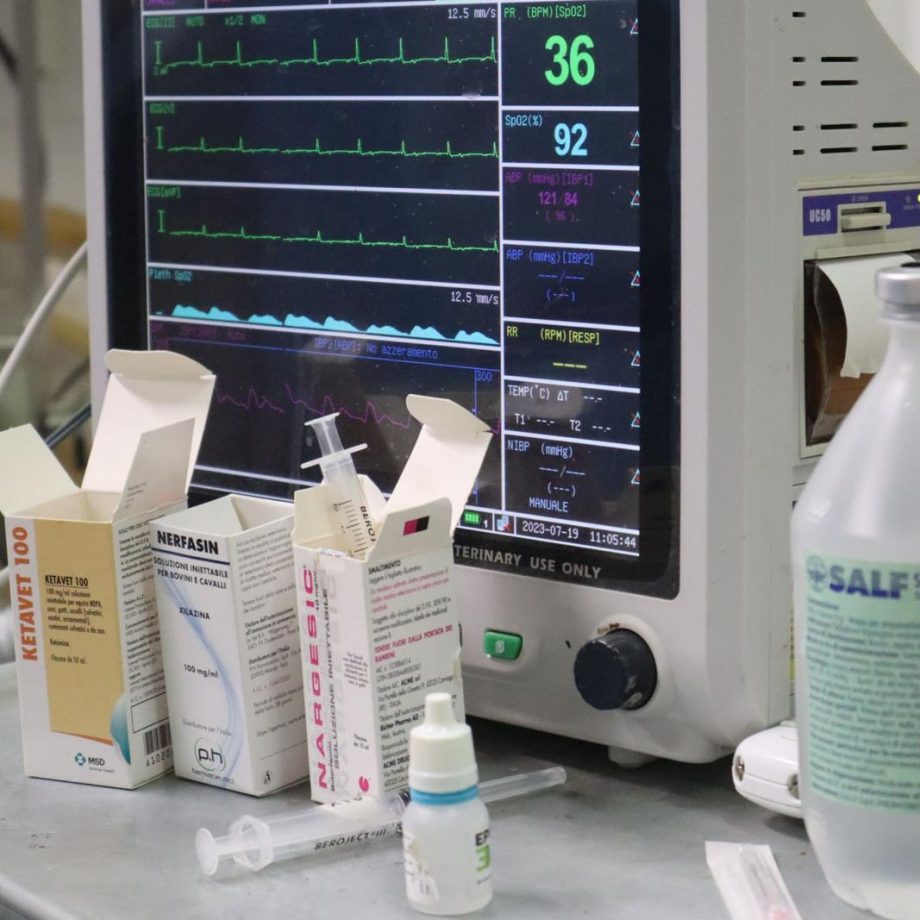
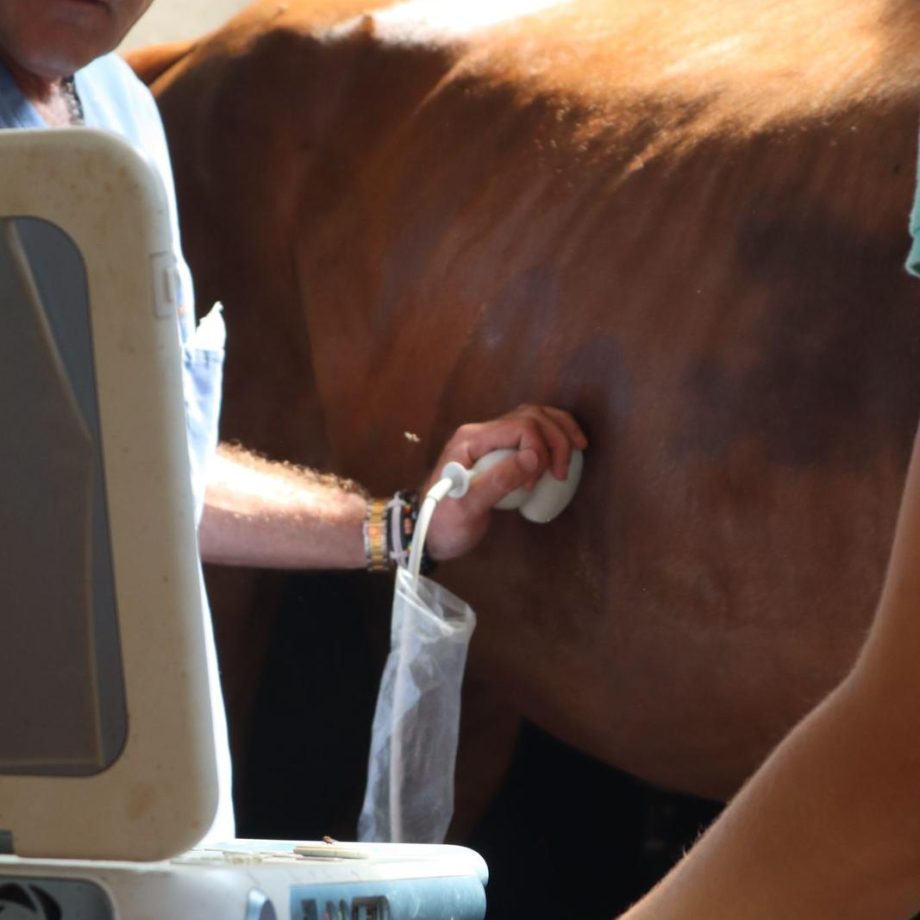
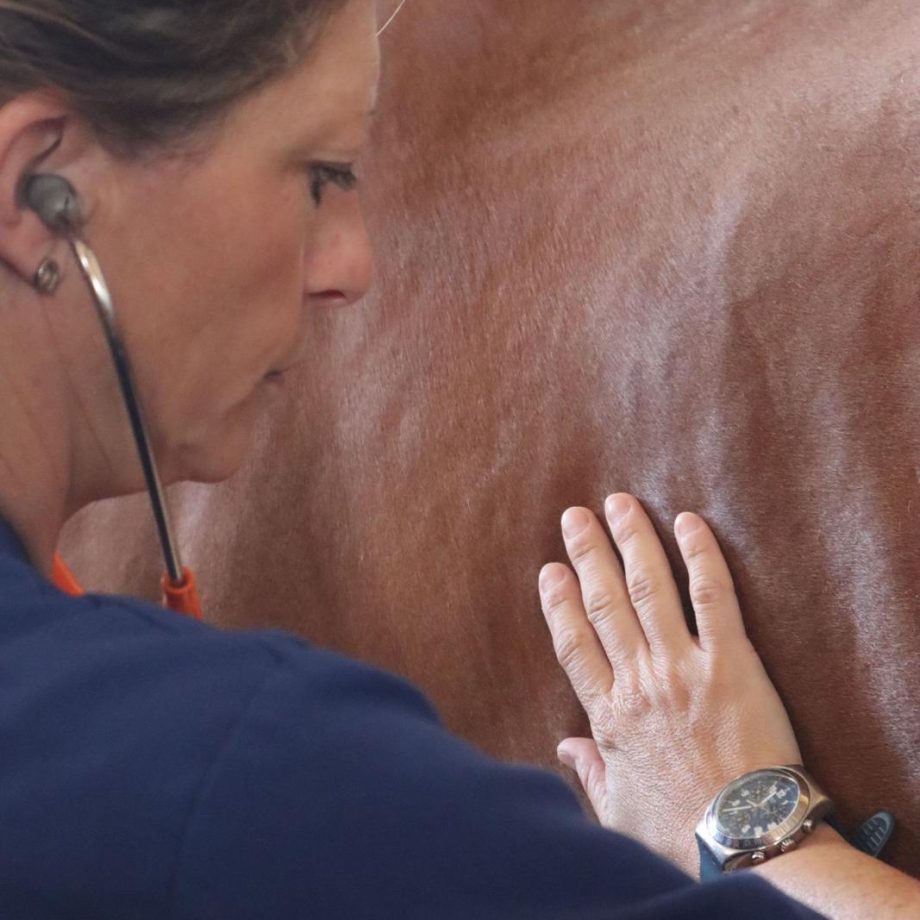
Food Intolerances and Individualized Diets
In cases where colic syndrome stems from food intolerances, a tailored diet is crucial. Such diets may involve reducing cereal loads or incorporating nutrient-absorption-enhancing products.
Malnutrition and absorption problems can detrimentally affect a horse’s performance, underscoring the importance of pinpointing and addressing dietary issues.
Frequent, Gradual Feeding
Irrespective of the cause of colic, it’s advisable to divide the horse’s daily food intake into 3-4 meals spread throughout the day.
Horses that have experienced reduced or no food intake for days may develop gastritis. Implementing a schedule that provides food over extended periods can help restore the gastric mucosa and improve the horse’s overall condition.
Colon-Related Complications
In cases involving colonic issues, a gentle laxative regimen may be necessary. These treatments should be non-irritating and gradually transitioned into a normal diet approximately one week after recovery.
In conclusion, the postoperative recovery and dietary management of horses following colic syndrome or surgical procedures demand meticulous attention. Dr. Barbara Garbagnati’s insights underscore the necessity of tailoring dietary plans to the individual horse’s condition, whether it’s related to surgery, food intolerances, or colon complications. Ultimately, a carefully planned and monitored postoperative diet plays a pivotal role in restoring a horse’s health and performance.
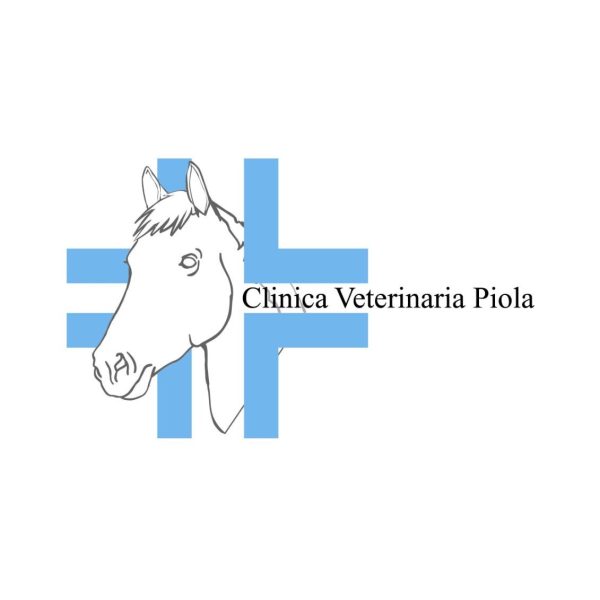
In collaboration with Doctor Barbara Garbagnati
© Rights Reserved.






